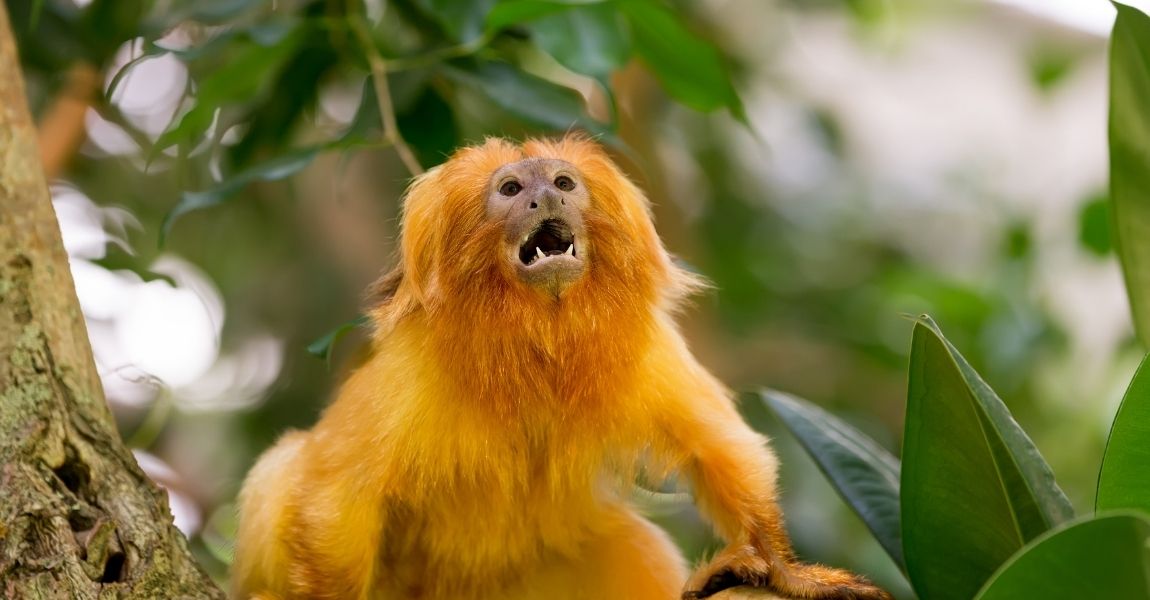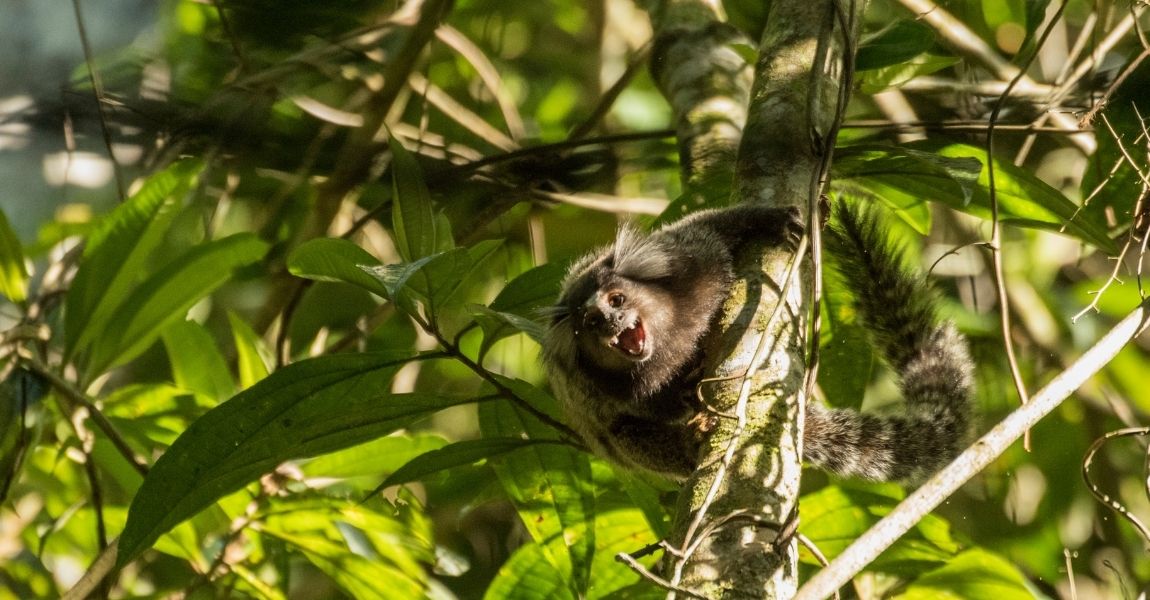Introduction:
Herpes simplex virus (HSV) is a widely known virus that affects humans, but many people may not be aware of its devastating impact on pet marmoset monkeys. HSV, also referred to as the "kiss of death" virus in this context, poses a significant threat to the health and well-being of these adorable primates. In this article, we will delve into how HSV affects pet marmoset monkeys and why it is called the "kiss of death" virus.
Understanding Herpes Simplex Virus in Marmoset Monkeys:
Modes of Transmission:
HSV is highly contagious and can be transmitted through various means in marmoset monkeys. The primary mode of transmission is through direct contact with infected bodily fluids, including saliva, nasal secretions, and genital secretions. Marmosets may contract the virus from their parents, other marmosets, or even through human contact.
Clinical Symptoms:
HSV infection in marmoset monkeys can present with a range of symptoms. These may include:
Lesions or ulcers around the mouth, nose, or genital area
Loss of appetite
Lethargy and weakness
Conjunctivitis (inflammation of the eyes)
Respiratory distress
Neurological symptoms (e.g., seizures or tremors)
Severity and Fatality:
HSV can be particularly severe and often fatal in marmoset monkeys. Their small size and susceptibility make them highly vulnerable to the virus's devastating effects. Marmosets infected with HSV may rapidly deteriorate, experiencing severe complications such as pneumonia, encephalitis (brain inflammation), and multiple organ failure. Sadly, the mortality rate associated with HSV in marmosets is alarmingly high.
Why is it Known as the "Kiss of Death" Virus?
The term "kiss of death" is used to describe HSV in relation to pet marmoset monkeys due to the following reasons:
Rapid Transmission: HSV can spread quickly among marmosets through direct contact, including grooming behaviors, shared food or water bowls, or even social interactions involving close proximity.
Devastating Impact: HSV has a severe impact on marmoset monkeys, often leading to rapid and fatal health complications. The high mortality rate associated with the virus adds to its alarming reputation.
Prevention and Management:
Strict Quarantine Measures:
When introducing a new marmoset to your existing group, it is essential to quarantine the new individual for a minimum of 90 days to observe for any signs of infection. This helps prevent the introduction of HSV or other contagious diseases into the group.
Regular Veterinary Check-ups:
Schedule routine veterinary examinations for your pet marmosets to monitor their overall health and detect any signs of illness early on. Prompt diagnosis and intervention can make a significant difference in the outcome.
Hygiene Practices:
Maintain strict hygiene protocols when handling marmosets. Wash hands thoroughly before and after interacting with them, especially if you have cold sores or other viral infections. Avoid direct contact, such as kissing or sharing utensils, to prevent potential transmission.
Environmental Sanitation:
Keep the living environment of your marmosets clean and sanitized. Regularly disinfect cages, toys, and other accessories to minimize the risk of viral contamination.
Veterinary Intervention:
If you suspect your marmoset may be infected with HSV or exhibit any concerning symptoms, seek immediate veterinary care. A qualified veterinarian experienced in exotic animals can provide appropriate diagnostic tests and treatment options.
Conclusion:
The herpes simplex virus, known as the "kiss of death" virus in pet marmoset monkeys, poses a severe threat to their health and survival. Understanding the modes of transmission, clinical symptoms, and the devastating impact of HSV is crucial for marmoset owners. By implementing strict hygiene practices, regular veterinary check-ups, and proper quarantine measures, we can minimize the risk of HSV transmission and safeguard the well-being of these beloved primates.





